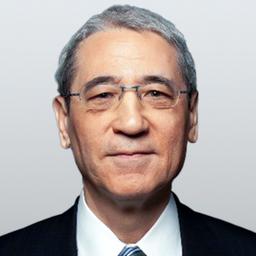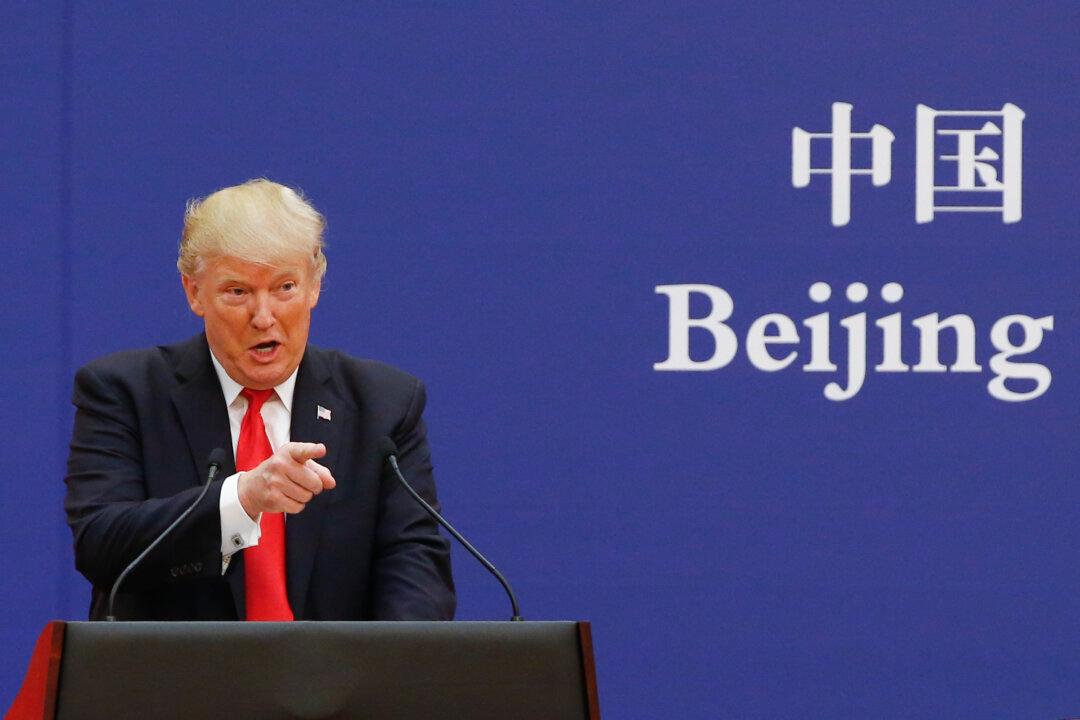Commentary
“We believe in the importance of maintaining open lines of communication between the United States and the PRC [People’s Republic of China] in order to responsibly manage the relationship,” Brig. Gen. Pat Ryder, Pentagon spokesman, declared in a Feb. 7 statement. “Unfortunately, the PRC has declined our request. Our commitment to open lines of communication will continue.”





